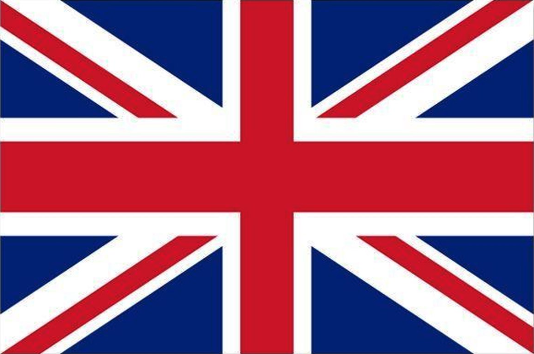Until 1972, here at one of the westernmost points of Germany, there was once a forester’s house. For many Jews, this house was the door to freedom. After all, they were sheltered here for a short time and helped by the forester’s wife Luise Rausch to reach the other ‘side’ namely the Netherlands, without the knowledge of her husband Gustav.
Just before World War II, forester’s wife Luise Rausch opens a small guesthouse in her home, beautifully located at the sloping edge of the Reichswald with a view overlooking Dutch fields and meadows. Groesbeek is a stone’s throw away.
Forester Gustav Rausch does not know that since the Kristallnacht on the 9th of November 1938, his wife and daughter have been regularly providing shelter for German Jews. Kristallnacht is the infamous night when many synagogues and Jewish shops go up flames and the lives of the Jewish population in Germany becomes increasingly hard. Many Jews don’t wait to discover what is about to happen but try to flee with their families to the free Netherlands. But, at that time in the Netherlands, Jewish refugees will not be accepted and those caught will be sent back.
During their risky flight to this free country, they are dependent on the kindness of others and often have to trust that they have put their fate in the right hands. Those who make it here to the edge of the Reichswald encounter two angels, Luise and Lotte, who sometimes shelter them for several days, give them food and help them cross the border at night to the farm of Henk and Mary Kerkhoff. There they are, in any case, certainly free again.
In the summer of 1939, things go badly wrong and Luise is locked up in Kleve prison for a week. Shaven-headed, she is sent home. As a punishment, her husband Gustav, who knew nothing his wife’s activities, is posted to Krefeld on the 31st of August 1939. He died there five months later at the age of only 63.












